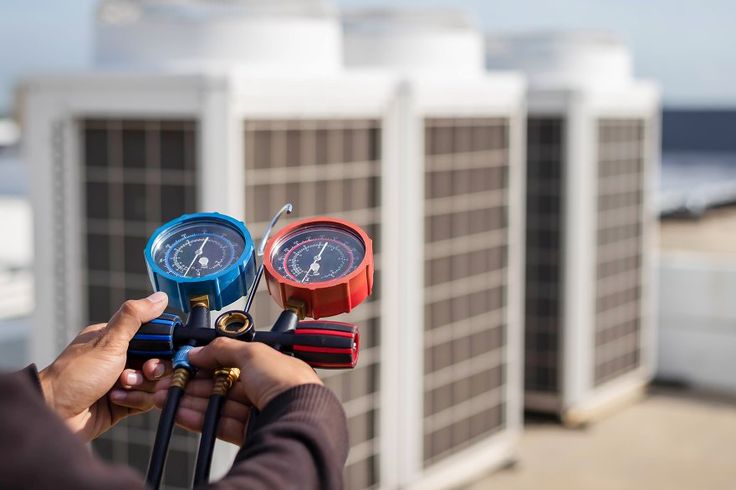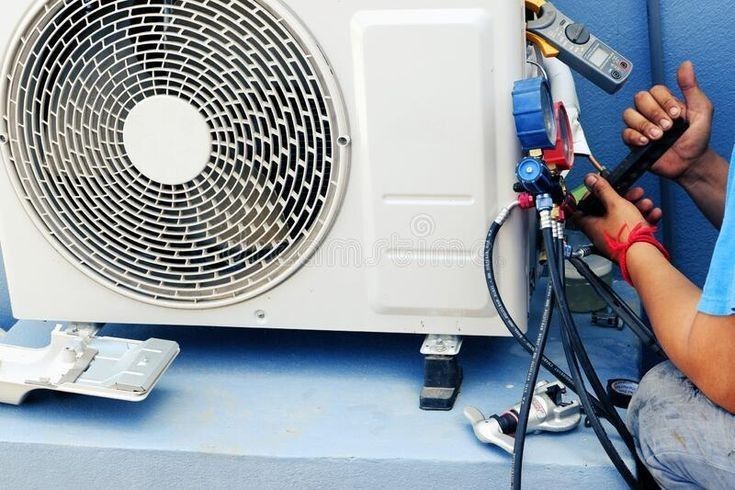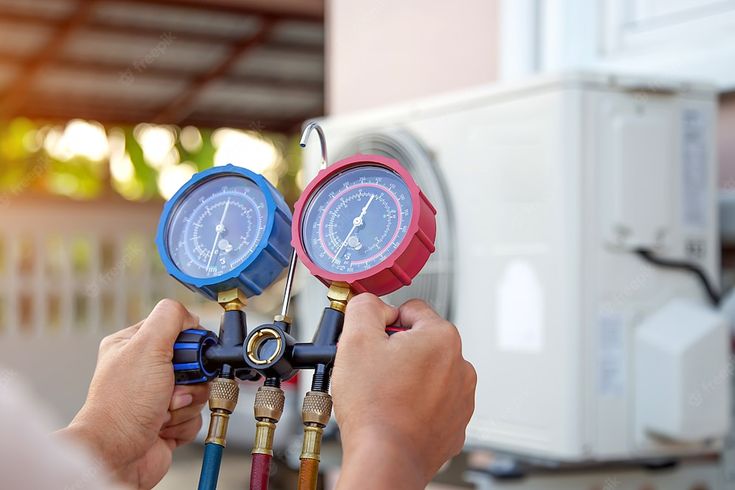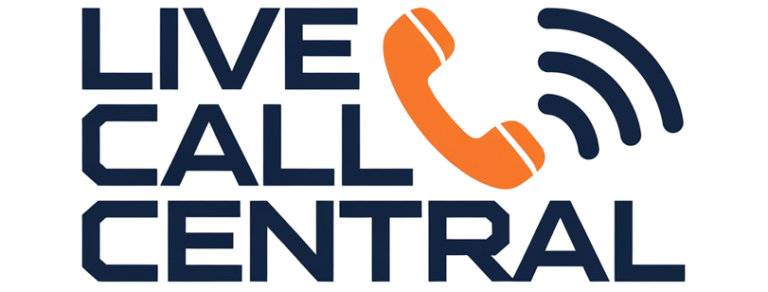
Air conditioners play a crucial role in maintaining indoor comfort, especially during the sweltering summer months. However, like all mechanical systems, they are susceptible to wear and tear over time. Recognizing the early warning signs that your air conditioner requires repair can prevent costly breakdowns and prolong its lifespan. Below, we explore the most common indications that your AC unit may need professional attention.
1. Insufficient Cooling
One of the most obvious signs that an air conditioner needs repair is inadequate cooling performance. If your AC is running but your home isn’t reaching the desired temperature, several issues could be at play, including:
- Low refrigerant levels due to leaks
- A malfunctioning compressor
- Dirty or clogged air filters blocking airflow
- Faulty thermostat settings
When you notice a decline in cooling efficiency, it’s crucial to address the problem quickly to avoid further damage to internal components.
2. Weak Airflow
Poor airflow can indicate an issue with the AC’s compressor or a blockage in the ductwork. A few potential causes include:
- Clogged air filters restricting air circulation
- Faulty blower motor preventing proper airflow
- Leaking or disconnected ductwork reducing air pressure
Regular maintenance, such as changing filters and inspecting ducts, can help identify and resolve airflow problems before they worsen.
3. Frequent Cycling
Your AC unit should cycle on and off periodically to maintain the set temperature. However, if it’s cycling too frequently, this could signal:
- A malfunctioning thermostat
- Dirty or blocked condenser coils
- An oversized unit for your space
Short cycling not only leads to inefficient cooling but also increases wear on the system, leading to potential breakdowns.

4. Unusual Noises
Strange noises coming from your air conditioner are clear indicators of trouble. Common sounds and their potential causes include:
- Banging or Clanking: Loose or broken parts inside the compressor
- Hissing or Bubbling: Possible refrigerant leak
- Squealing or Screeching: Belt or motor issues
- Clicking or Buzzing: Electrical or relay problems
Ignoring these sounds can lead to further damage and higher repair costs.
5. Foul Odors
If unpleasant odors are emanating from your AC, it could indicate:
- Mold or mildew growth in the ductwork or evaporator coils
- Burnt wiring or electrical components
- A clogged drain line causing moisture buildup
Routine cleaning and maintenance can prevent these odors and keep your indoor air quality fresh.
6. Leaking or Moisture Around the Unit
Excessive moisture or visible leaks around your AC unit can be a sign of:
- A clogged condensate drain line
- Refrigerant leaks, which can pose environmental and health hazards
- Faulty or frozen evaporator coils
If you notice pooling water or excessive condensation, it’s best to call a professional technician to assess and repair the issue.
7. Increased Energy Bills
An unexpected spike in your energy bills could indicate your AC unit is not operating efficiently. Possible reasons include:
- Dirty air filters causing the system to work harder
- Refrigerant leaks reducing cooling capacity
- An aging system struggling to function properly
Regular maintenance, including cleaning coils and checking refrigerant levels, can help maintain efficiency and reduce energy costs.
8. Thermostat Malfunctions
If your AC isn’t responding to temperature adjustments or the thermostat display is blank, there may be an issue with:
- Dead thermostat batteries
- A malfunctioning sensor
- Wiring or electrical issues
Replacing the thermostat or recalibrating the sensors can resolve these problems and restore accurate temperature control.

9. Ice Formation on the Unit
Ice buildup on the evaporator coils or refrigerant lines is a major warning sign. Common causes include:
- Dirty air filters restricting airflow
- Low refrigerant levels due to leaks
- Faulty fan motor preventing air circulation
Running the AC with ice buildup can further damage internal components. Turn off the unit and call a professional for diagnosis and repair.
10. Age of the AC Unit
Most air conditioners have a lifespan of 10-15 years. If your unit is approaching this age and frequently requires repairs, it may be more cost-effective to consider a replacement rather than continuous fixes.
How to Prevent AC Repairs
To avoid frequent AC repairs, consider these maintenance tips:
- Change Air Filters Regularly: Every 1-3 months to ensure proper airflow
- Schedule Annual Tune-Ups: Professional inspections can catch issues early
- Keep Outdoor Units Clean: Remove debris around the condenser unit
- Monitor Refrigerant Levels: Ensuring optimal cooling performance
- Check and Seal Ductwork: Prevent leaks and improve efficiency
Conclusion
Recognizing the signs that your air conditioner needs repair can save you from expensive breakdowns and discomfort. Whether it’s weak airflow, strange noises, or rising energy bills, addressing issues early ensures optimal performance and extends the unit’s lifespan. If you notice any of these warning signs, contacting a professional HVAC technician for an inspection and necessary repairs is the best course of action. Regular maintenance can further help prevent unexpected issues and keep your home cool and comfortable all year round.


